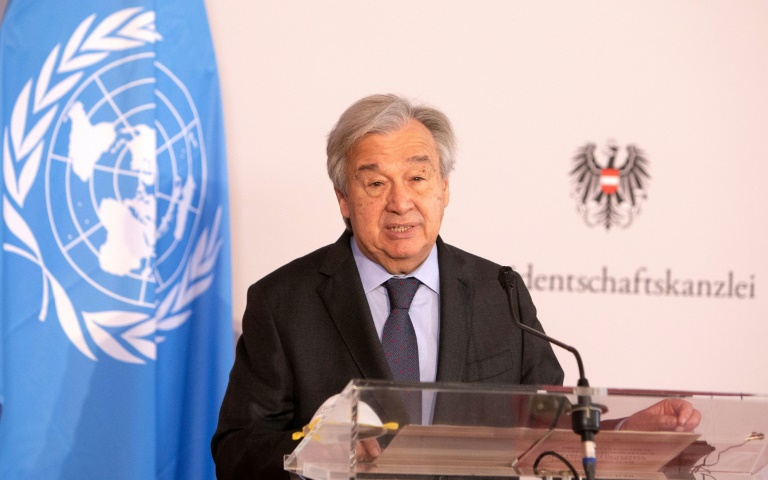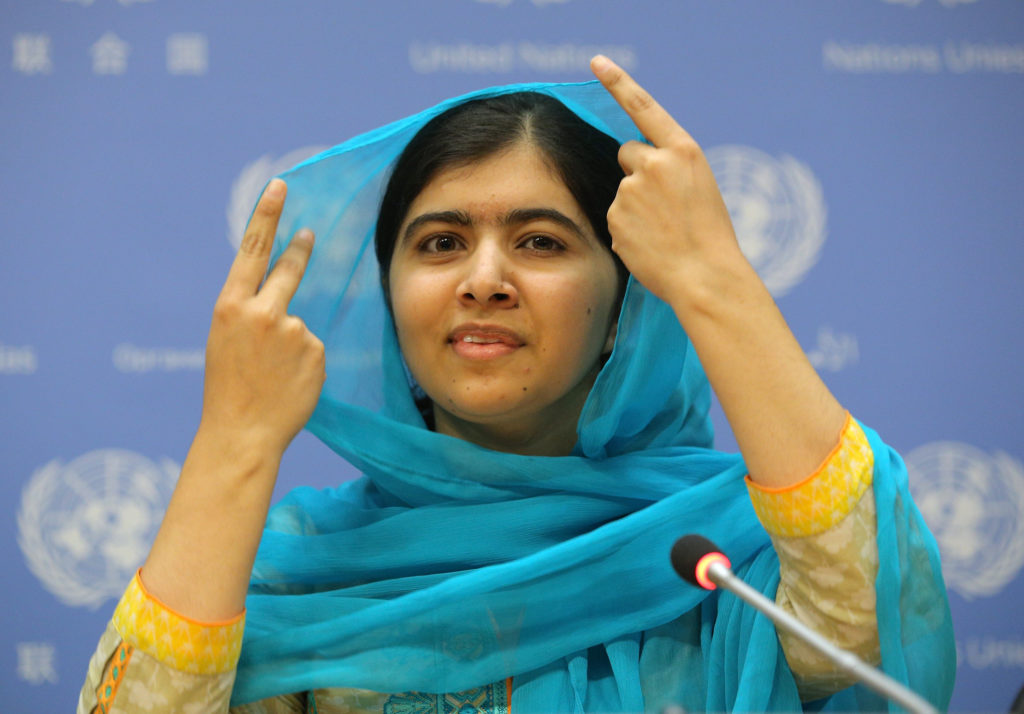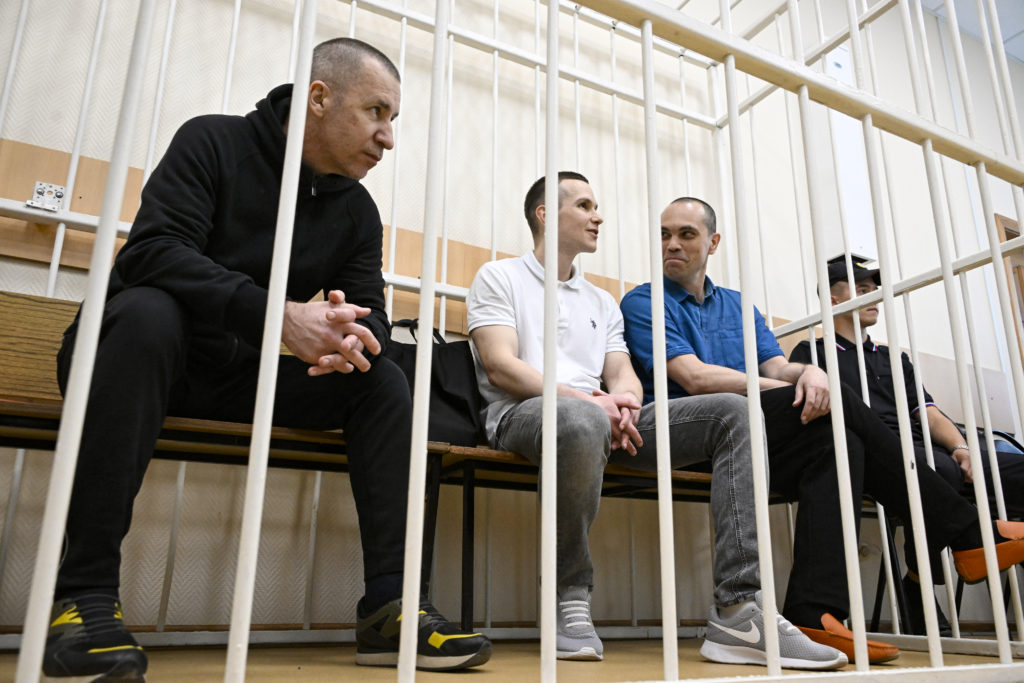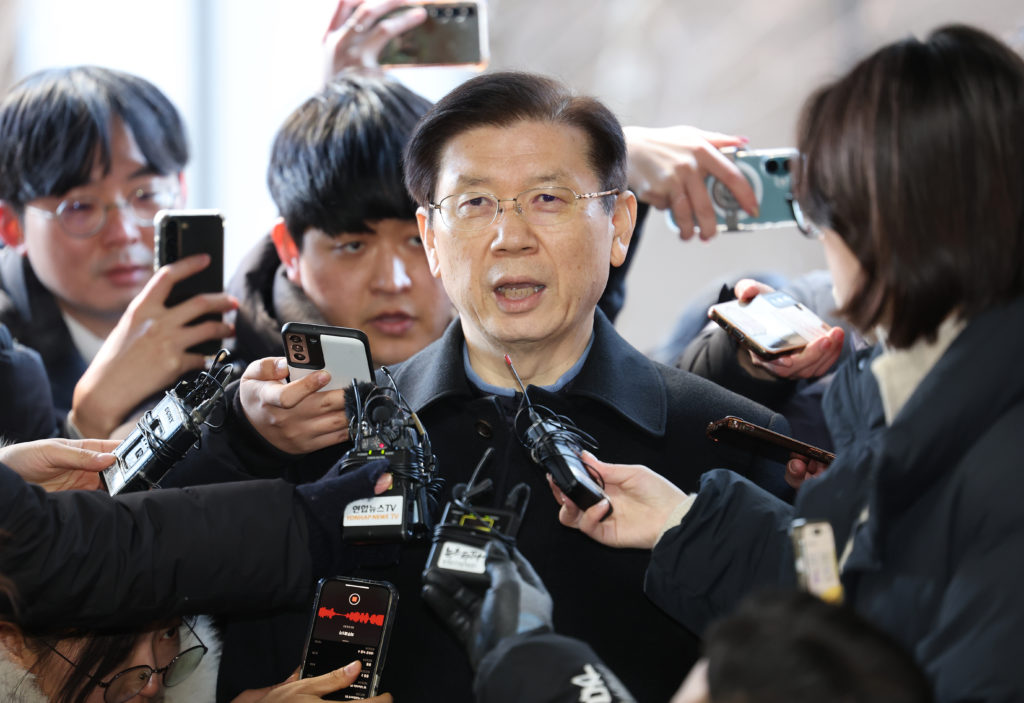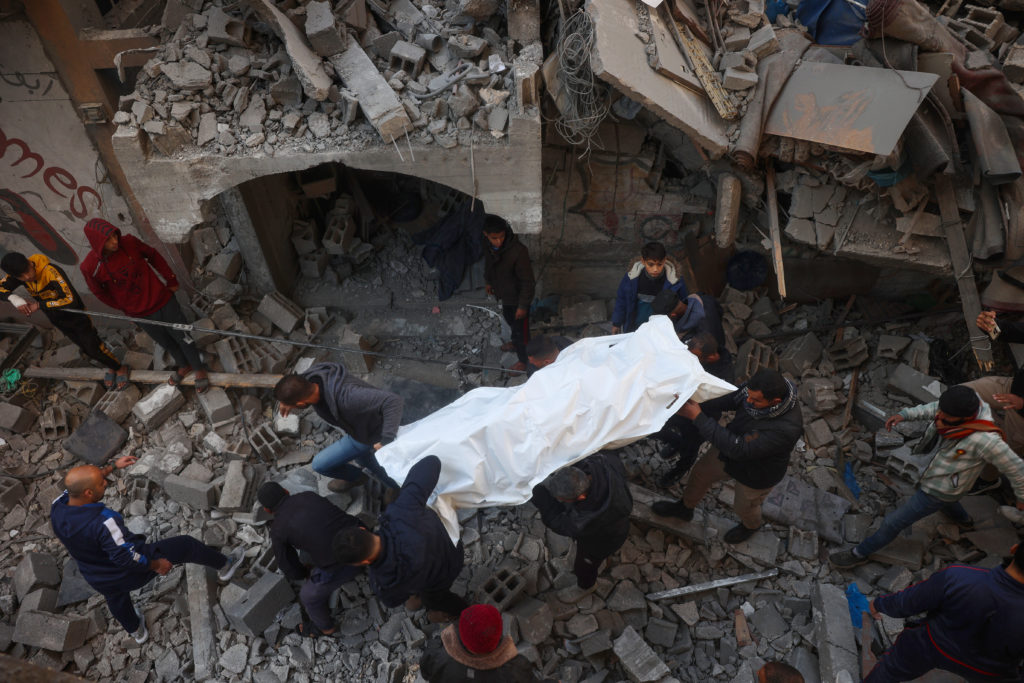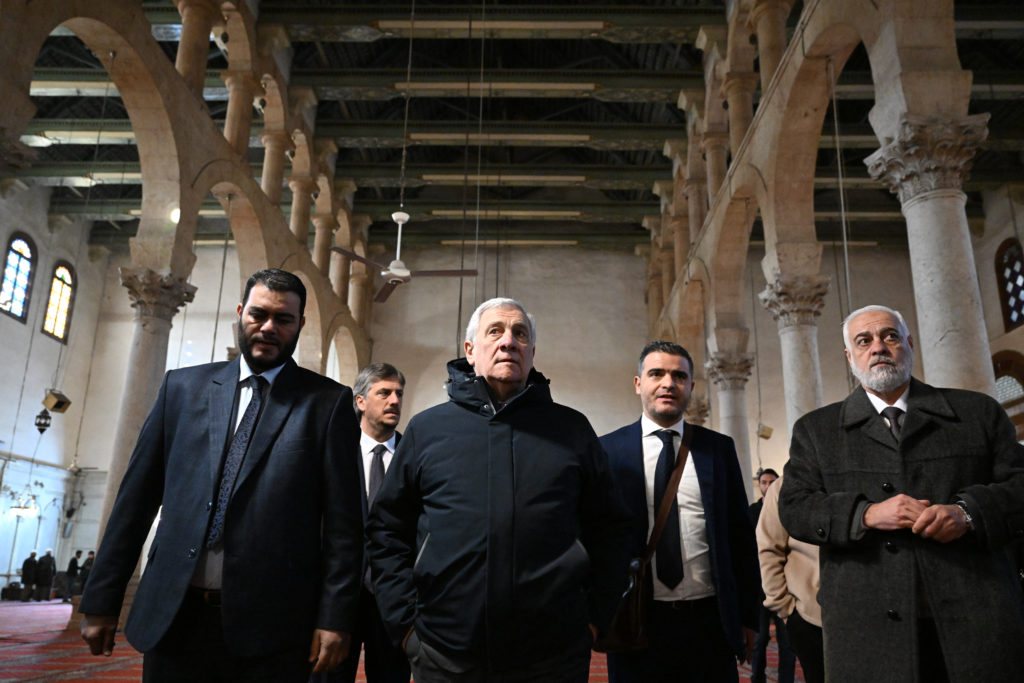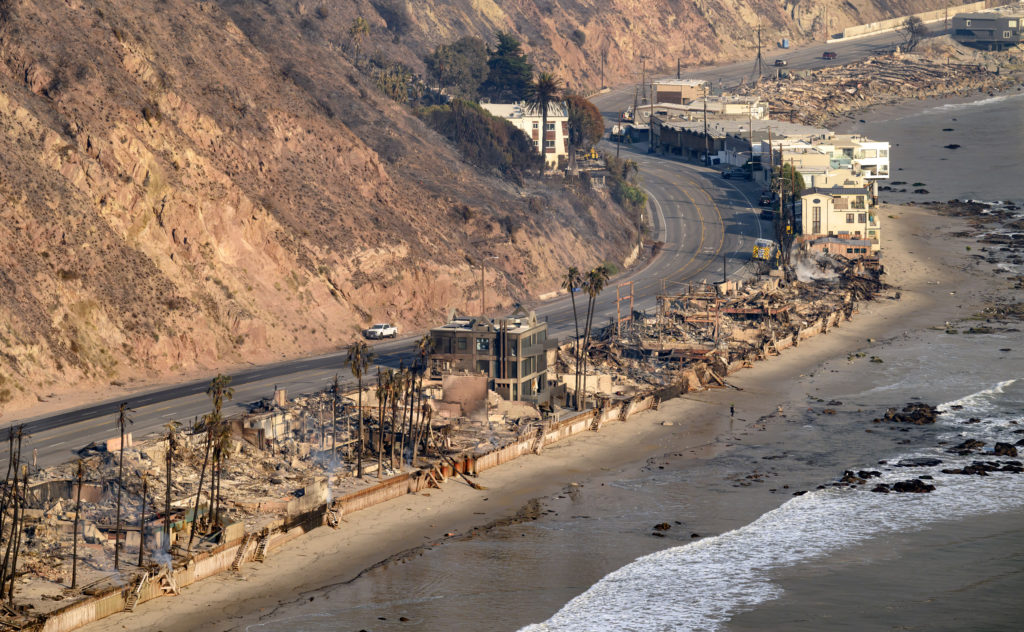Military coups in Mali and Burkina Faso — two members of the G5-Sahel anti-jihadist force — are undermining the mission’s operational capacity, UN Secretary-General Antonio Guterres said in a Wednesday report.
“I am deeply concerned by the rapidly deteriorating security situation in the Sahel, as well as by the potentially debilitating effect the uncertain political situation in Mali, Burkina Faso and beyond will have on efforts to further operationalize the G5-Sahel Joint Force,” Guterres’ report to the UN Security Council said.
Mali was hit by coups in August 2020 and May 2021, while another took place in Burkina Faso in January 2022. In addition to those countries, the 5,000 strong Sahel force is composed of personnel from Mauritania, Chad and Niger.
“The highly volatile political and security situation in the Sahel impacted the operationalization of the Joint Force… Among other issues uncertainty over the transition timelines in Mali and the 23 January coup d’etat in Burkina Faso significantly slowed down the Joint Force’s operational tempo,” said the UN chief’s report, obtained by AFP.
Guterres also highlighted reports of human rights abuses by both security forces and militants.
“I am also seriously disturbed by the deteriorating human rights situation, amid reports of gruesome violations committed against civilians, both by terrorist armed groups but also reportedly by armed and security forces in the region,” he said.
Command and control problems are posing challenges for the G5-Sahel force.
In Mali, there are issues determining whether security forces are operating under the Joint Force or national command, “particularly when investigating alleged human rights violations,” Guterres said.
And the Sahel force’s leadership reported “conflicting chains of command as a major impediment to the Force’s full operationalization.”
The force is also fighting against militants who are able to infiltrate and move within the civilian population, Guterres said.
“The infiltration and increased mobility of terrorist armed elements within local communities continues to present a major challenge for the G5 Joint Force, both in terms of identifying suitable informants and protecting civilians during operations.”

